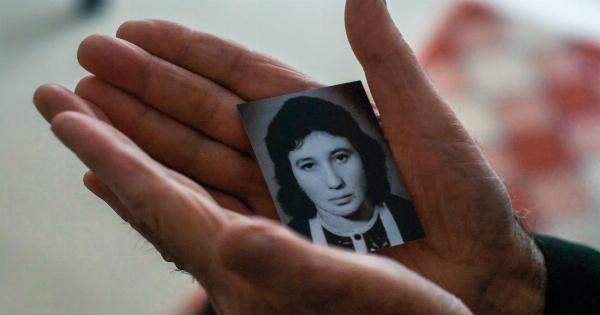Coffee is one of the most popular beverages around the world. It has been a part of our daily routine for hundreds of years and is enjoyed by millions of people every day.
Besides its delicious taste and stimulating effect, coffee also has several health benefits. One of these benefits is the potential to improve bone density. In this article, we will explore the link between coffee and bone density.
What is bone density?
Bone density refers to the amount of mineral matter in bones. It is an important measure of bone strength and is often used as an indicator of osteoporosis.
Osteoporosis is a disease that causes bones to weaken and become brittle, making them more susceptible to fractures. Bone density is typically measured using dual-energy X-ray absorptiometry (DXA) scans.
The role of coffee in bone metabolism
Coffee contains several compounds that could influence bone metabolism, including caffeine, polyphenols, and minerals such as magnesium and potassium. Caffeine is one of the most studied components of coffee with regards to bone density.
It is known to stimulate the central nervous system and has been shown to increase the production of certain hormones that affect bone metabolism, such as cortisol and parathyroid hormone (PTH).
Studies have shown that moderate caffeine intake (less than 300 mg per day) may help improve bone mineral density in women.
A study published in the American Journal of Clinical Nutrition found that women who consumed more than 300 mg of caffeine per day had a 2-3% decrease in bone mineral density compared to those who consumed less than 300 mg per day. However, the same does not apply to men. A study in the Journal of Nutrition found that in men, the relationship between coffee consumption and bone density was not significant.
Polyphenols are another group of compounds found in coffee that may have a positive effect on bone metabolism. They are known for their antioxidant properties and have been shown to help reduce inflammation, which is a risk factor for osteoporosis.
However, more research is needed to determine the exact mechanism behind their effect on bone density.
Finally, coffee is a good source of minerals that are important for bone health, such as magnesium and potassium.
Magnesium, in particular, is a key component of bone mineral and is required for the synthesis of vitamin D, which is essential for bone health.
The potential benefits of coffee for bone density
Several studies have suggested that coffee consumption may be associated with increased bone density. A meta-analysis of 17 studies found that coffee intake was associated with a 1-2% increase in bone mineral density in women.
Another study published in the American Journal of Epidemiology found that women who drank 4 or more cups of coffee per day had higher bone mineral density than those who drank less than 1 cup per day.
In addition, a study published in the Journal of Clinical Endocrinology and Metabolism found that postmenopausal women who drank caffeinated coffee had higher bone mineral density in the spine than those who did not drink coffee.
The study also found that the risk of hip fractures was lower in women who drank caffeinated coffee compared to those who did not.
The potential harms of coffee for bone density
While some studies have suggested that coffee consumption may improve bone density, others have suggested the opposite.
A study published in the Journal of Bone and Mineral Research found that women who consumed more than 4 cups of coffee per day had lower bone mineral density in the hips compared to those who consumed less than 1 cup per day.
In addition, high caffeine intake has been associated with an increased risk of osteoporotic fractures in some studies. This may be due to the negative effect of caffeine on calcium absorption, which is an important component of bone mineral.
The bottom line
The research on the relationship between coffee consumption and bone density is mixed. While some studies have shown a positive association between coffee intake and bone density, others have suggested the opposite.
It is important to note that coffee intake should not be considered a substitute for other factors that affect bone health, such as diet and exercise. If you are concerned about your bone health, talk to your doctor about appropriate screening and preventive measures.






























